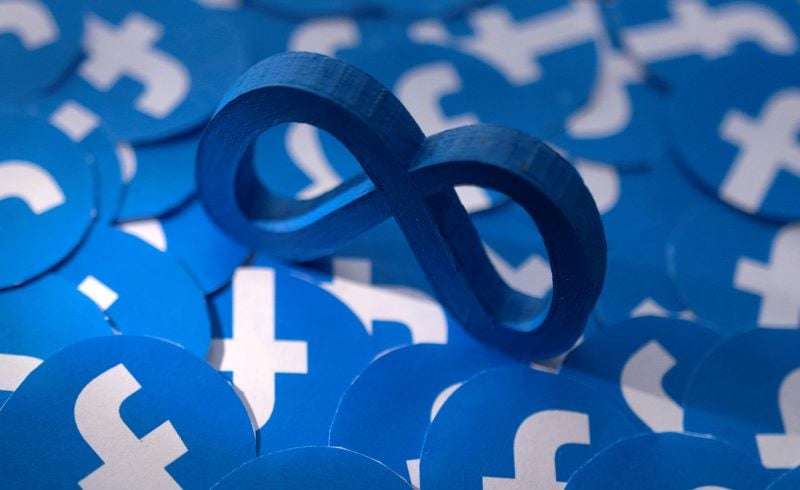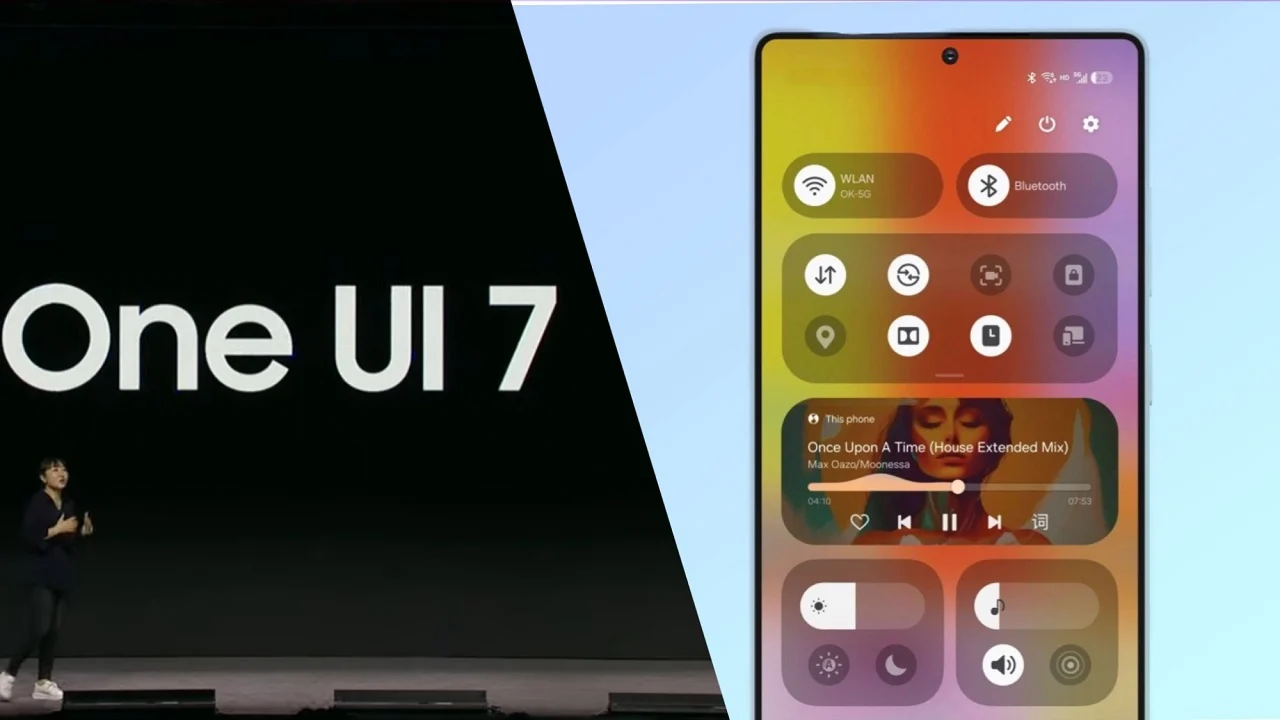Introduction
In a landmark decision, a German court ruled that Facebook users whose data was illegally accessed during a breach in 2018 and 2019 could be eligible for compensation. The ruling marks a significant moment in the ongoing battle over privacy and data protection, especially within the digital landscape. Meta, Facebook’s parent company, has previously resisted paying compensation, arguing that no concrete financial loss had been proven by the affected users. However, the court’s ruling reflects the growing awareness of user privacy rights and the legal implications of data misuse.
In this article, we will delve into the details of this ruling, the data misuse incident, the court’s decision, and the potential consequences for Meta. We’ll also explore the broader implications for data protection and compensation claims in Germany and across Europe.
Background of the Data Breach
The Incident
The controversy stems from a data breach that occurred between 2018 and 2019, involving Facebook’s “friend search” feature. During this period, hackers or third parties were able to gain unauthorized access to user accounts, primarily through the guessing of phone numbers associated with Facebook profiles. This breach affected approximately six million Facebook users in Germany, with their personal data compromised.
The breach went unnoticed for some time, and by the time it was discovered, the damage had already been done. The leaked data included sensitive personal information that many users did not consent to being shared. Although Facebook’s systems were not directly hacked in the traditional sense, the unauthorized access through a vulnerability in the platform’s friend search feature raised serious concerns about the company’s data protection protocols.
Meta’s Response
Meta, Facebook’s parent company, denied that there was a data breach in the traditional sense, arguing that the system was not hacked. Instead, it claimed that the data exposure resulted from third-party access via a flaw in Facebook’s feature, which allowed users to search for friends based on phone numbers. Meta resisted offering compensation, asserting that no tangible financial loss was proven by the affected users.
Despite the company’s stance, a group of German Facebook users initiated legal action, demanding damages for the loss of control over their personal data. This led to the case being brought before the German Federal Court of Justice (BGH), the highest court in the country.
The Court’s Ruling
Federal Court of Justice’s Decision
On Monday, the Federal Court of Justice (BGH) issued a ruling in favor of Facebook users, stating that they were eligible to seek compensation for the unauthorized use of their data. The BGH emphasized that the loss of control over one’s personal data is a valid ground for claiming damages, even without the need to prove specific financial losses.
This ruling is particularly significant because it sets a legal precedent for future cases concerning data protection and user rights. It marks a shift away from the traditional requirement to prove direct financial harm in privacy violation cases. The court’s decision also highlights the importance of transparency and user consent when it comes to handling personal data.
Compensation and Next Steps
In this case, the plaintiff had originally demanded compensation of 1,000 euros ($1,056) for the misuse of their data. However, the BGH found that a lower amount, around 100 euros, was more appropriate given the circumstances, especially in the absence of concrete financial damages. The lower court in Cologne, which had previously dismissed the case, must now reassess whether Facebook’s terms of use were sufficiently transparent and whether users’ consent was voluntary.
Meta expressed its disappointment with the BGH’s ruling, arguing that it was inconsistent with recent case law from the European Court of Justice, the highest court in Europe. The company also stated that similar claims had been dismissed in over 6,000 instances by German courts, and they maintained that no data breach occurred in this incident. However, the BGH’s decision opens the door for further scrutiny of Meta’s data protection practices.
What Does This Mean for Facebook Users?
User Privacy and Control Over Personal Data
The BGH’s ruling underscores a crucial principle in data protection: individuals have the right to control their personal data and demand compensation when it is misused. This ruling is a victory for privacy advocates who argue that data protection should not only be about preventing financial loss but also about ensuring that users maintain control over their sensitive information.
For Facebook users affected by the breach, this ruling is an opportunity to hold Meta accountable for its data practices. Although the compensation amounts may be modest, the broader implication is that companies like Meta can no longer ignore user privacy rights without consequences.
Legal Precedents and Implications
This ruling may have far-reaching consequences, not only for Meta but also for other companies operating in the digital space. It sets a precedent for future cases involving privacy violations and the misuse of personal data. It also aligns with the growing body of European privacy laws, such as the General Data Protection Regulation (GDPR), which emphasizes the protection of user data and privacy.
Meta’s Position and Future Actions
Potential Legal Challenges
Meta has indicated that it plans to challenge the BGH’s decision, citing inconsistencies with previous rulings from the European Court of Justice. The company has also pointed out that no data breach occurred, arguing that the third-party access to user data was a result of a flaw in Facebook’s systems rather than a hacking incident. Meta may pursue legal avenues to overturn the ruling, which could delay compensation for affected users.
However, this case could trigger a wave of similar lawsuits across Europe, particularly in countries with strong data protection laws. Users who have been affected by other data breaches or privacy violations may now feel emboldened to take legal action against tech giants like Meta, potentially leading to more significant consequences for the company.
Strengthening Data Protection Practices
In the wake of this ruling, Meta may be forced to review and strengthen its data protection practices. With increasing scrutiny from regulatory bodies and courts, the company could face heightened pressure to enhance user privacy measures and provide clearer, more transparent terms of service. This could result in significant changes to how Facebook handles user data moving forward.
FAQs
1. What is the Facebook data breach in Germany about?
The Facebook data breach in Germany involved unauthorized access to user accounts through the “friend search” feature. Third parties were able to access personal data by guessing phone numbers linked to Facebook profiles. This breach affected approximately six million users.
2. What did the German court rule about the breach?
The Federal Court of Justice in Germany ruled that Facebook users whose data was compromised could seek compensation. The court emphasized that the loss of control over personal data was grounds for claiming damages, even without proof of financial loss.
3. How much compensation can Facebook users expect?
While the plaintiff originally sought 1,000 euros in compensation, the court ruled that an amount of around 100 euros would be appropriate, given the lack of proven financial losses. The final compensation amount will depend on future legal proceedings.
4. Why did Meta resist paying compensation?
Meta argued that no financial harm had been proven by the affected users and denied that a data breach had occurred. The company claimed that the exposure of user data resulted from a flaw in its systems rather than a traditional hacking incident.
5. What does this ruling mean for other privacy cases?
This ruling sets a precedent for future privacy violation cases, particularly in Europe. It reinforces the idea that users have the right to control their personal data and can seek compensation when it is misused, even in the absence of financial damage.
Conclusion
The German court’s decision in favor of Facebook users represents a significant development in the field of data protection and user rights. As the case progresses, it could have widespread implications for Meta and other tech companies, particularly in how they handle user data. With the growing importance of privacy, this case sets a vital legal precedent that could shape the future of digital privacy rights.
ALSO READ:
https://flarenews.pk/2024/11/19/psx-hits-record-high-on-positive-economic-indicators/



